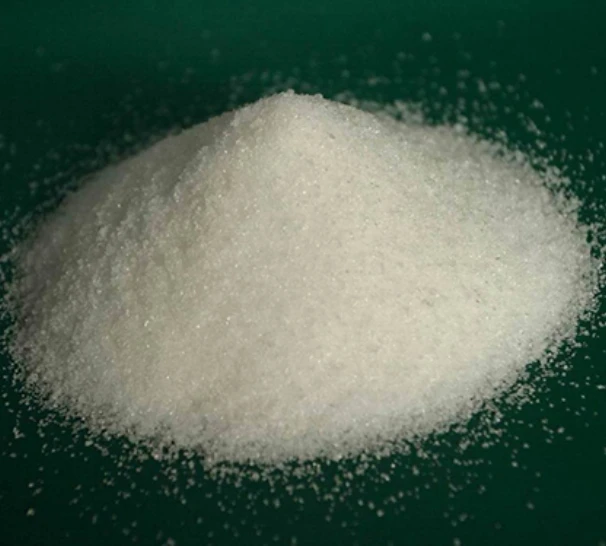scale inhibitor
The Importance of Scale Inhibitors A Comprehensive Overview
Scale formation is a prevalent issue in various industries that rely on water systems, such as oil and gas, power generation, and water treatment. The deposition of mineral scales can lead to serious operational problems, affecting the efficiency and lifespan of equipment. To mitigate these issues, scale inhibitors have emerged as essential solutions in maintaining optimal performance and prolonging the life of industrial systems.
What is Scaling?
Scaling occurs when dissolved minerals in water, such as calcium, magnesium, and bicarbonates, precipitate out of solution due to changes in temperature, pressure, or evaporation. This process can lead to the formation of hard, crusty deposits on surfaces like pipes, boilers, and heat exchangers. The accumulation of scale not only reduces heat transfer efficiency but can also cause blockages that lead to increased energy consumption and the risk of equipment failure.
The Role of Scale Inhibitors
Scale inhibitors are chemical compounds designed to prevent the formation of scale deposits by either modifying the properties of scale-forming minerals or influencing their behavior in water. These inhibitors work by various mechanisms, including
1. Threshold Inhibition Some scale inhibitors prevent crystallization at concentrations lower than would typically be required to inhibit scale formation. They effectively 'hold in solution' the minerals that would otherwise precipitate.
2. Crystal Growth Modification Certain inhibitors interfere with the growth of scale crystals, preventing them from reaching a size that would allow them to adhere to surfaces.
3. Dispersants These substances help to keep small particles in suspension, thus preventing them from agglomerating into larger scale that could deposit.
4. Complexation Some scale inhibitors form complexes with metal ions that are responsible for scale formation, effectively reducing their ability to precipitate out of solution.
Types of Scale Inhibitors
There are several types of chemicals used as scale inhibitors, each suited for specific applications and water chemistries
. Common categories includescale inhibitor

- Phosphonates Highly effective against calcium and scale-forming minerals, phosphonates are widely used across various industries, especially in cooling water systems.
- Polyacrylic Acids These organic compounds act as dispersants, preventing the aggregation of scale particles and improving the effectiveness of treatment in cooling towers and boilers.
- Carboxylated Polymers These polymers are often used in conjunction with other inhibitors to enhance overall performance, especially in complex systems.
- Zinc Compounds Zinc is known to aid in the prevention of corrosion while also exhibiting scale inhibition properties, making it a dual-purpose choice for water treatment.
Benefits of Using Scale Inhibitors
The application of scale inhibitors brings numerous advantages
1. Increased Efficiency By preventing scale build-up, these inhibitors help maintain efficient heat transfer in systems, reducing energy costs and increasing operational efficiency.
2. Reduced Maintenance Costs Regular scaling can lead to downtime and expensive maintenance repairs. Utilizing scale inhibitors minimizes these risks, leading to lower overall maintenance expenses.
3. Extended Equipment Lifespan By protecting equipment from the corrosive and abrasive effects of scale, inhibitors can significantly extend the lifespan of critical assets.
4. Environmental Compliance Many industries are under strict regulations regarding water efficiency and disposal. Scale inhibitors help ensure that operations comply with these regulations by improving water usage efficiency.
Conclusion
In conclusion, scale inhibitors play a vital role in various industrial applications by preventing scale formation and promoting system efficiency. With the ongoing advancements in chemical formulations, these inhibitors continue to evolve, offering enhanced performance tailored to meet the specific needs of different processes. By integrating scale inhibitors into water management strategies, industries can effectively tackle scaling problems, ensuring sustainability and operational excellence in their systems. As we advance into a more resource-conscious era, the importance of these substances will only continue to grow, making them a cornerstone of effective water treatment solutions.
-
Water Treatment with Flocculant Water TreatmentNewsJun.12,2025
-
Polymaleic AnhydrideNewsJun.12,2025
-
Polyaspartic AcidNewsJun.12,2025
-
Enhance Industrial Processes with IsothiazolinonesNewsJun.12,2025
-
Enhance Industrial Processes with PBTCA SolutionsNewsJun.12,2025
-
Dodecyldimethylbenzylammonium Chloride SolutionsNewsJun.12,2025





